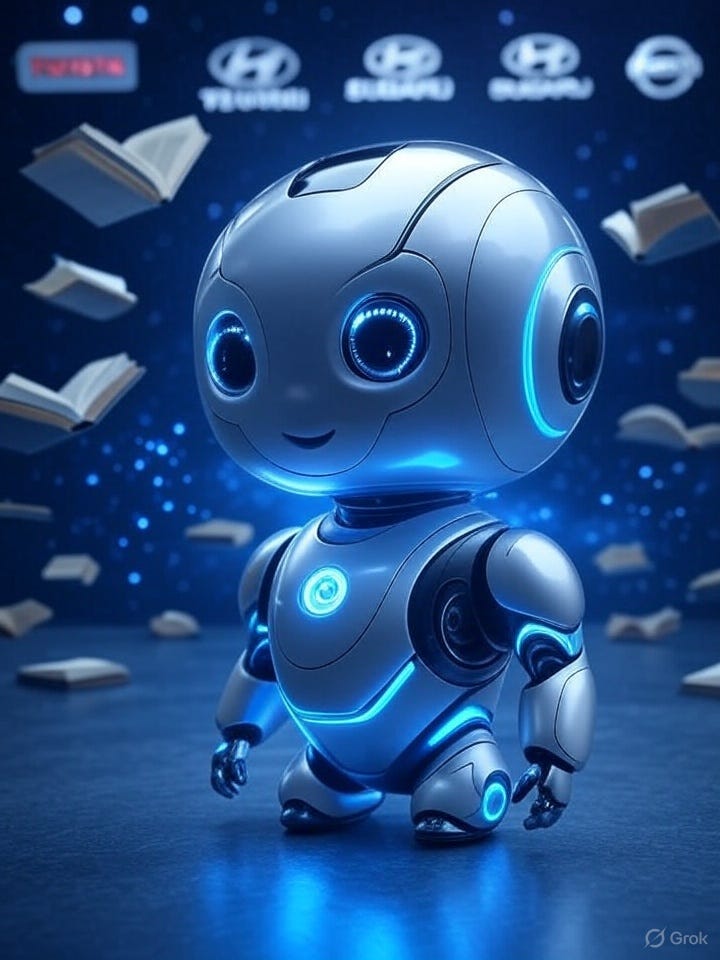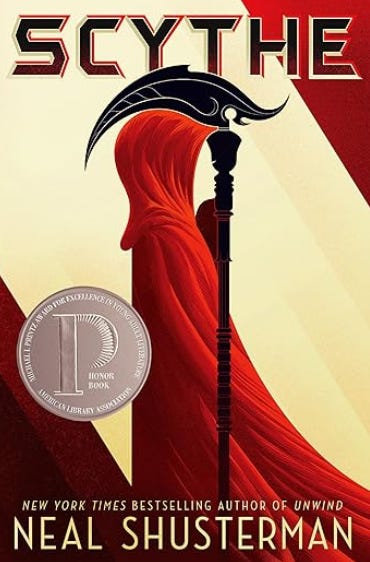Yippee! I don’t have to work anymore! AI is going to take all our jobs!
Should we be terrified? Or should we be thrilled?
Perhaps a little bit of both.
Automation has been “taking” jobs for a long time now. Humans invent tools that help us be more productive and in some cases this eliminates jobs (and creates new jobs). Perhaps the most well known example is the automobile assembly line. Cars originally required a lot of human labor to assemble. Now assembly lines crank out cars at a rapid pace with very little human intervention.
Machines will always take the place of humans when the machine can do the job better (cheaper, faster, more accurate). Do I want a robot to take my order at the local fast food restaurant? (assuming I actually visited a fast food restaurant) Yes. I would prefer to place my order with a robot that can speak my language perfectly and get my order correct every time.
Let’s take a tangent though and think about my career as a software developer. Remote work is awesome. Very efficient! I can do my job without leaving my home. No wasted time commuting, no need to have a nice wardrobe, heck I don’t even have to shave if I don’t want to. The only thing that matters is that I get my job done.
In my case, if “AI” could actually think then I could be replaced.
Yet, many businesses are currently in a big push for “return to office”. Why? The only excuse they seem to come up with is “collaboration”. Really? Am I more productive because I say hi to some stranger as we cross paths in the public bathroom?
Can AI “collaborate”? What is collaboration? Really it just means communicating and we humans have already mastered communication at a distance with cell phones, email, text messaging, “Zoom” calls, etc. Multiple implementations of AI certainly could collaborate. But is ChatGPT sharing a hallucination with Grok really of any benefit?
Good entertainment would be throwing a conspiracy theory at two AIs, sitting back with a good drink (of purified water of course), a beautiful fire in the fireplace and listen to them argue with each other. Or it would be, if they weren’t both coded and trained to regurgitate the narrative instead of truly exploring the subject. Pardon the crude analogy but if we did this with the current versions of Copilot, Grok and ChatGPT they would just sit (in a virtual circle) and “jerk off” each other. Mutual masturbation. Can AI experience pleasure?
Oh wait, was I not supposed to talk about such subjects in polite society? When will AI be taught to adjust it’s conversation depending on whether it is talking to some proper ladies in English high society vs talking to a few thugs in an alley?
Perhaps you are starting to realize my point that AI doesn’t actually have any conscious thought.
I’m approaching a point when I intend to retire. For many people retirement is their goal, however when they retire they suddenly have lost their purpose in life. This often leads to a rapid decline in health (both mentally and physically).
What if the AI revolution means that we can all retire? Neal Shusterman has imagined this in his “Scythe” series of books. Humans no longer have to work, the world is run by the “Thunderhead” (AI). Death is even obsolete. When people become deadish they are whisked off to a revival center where their bodies are repaired and brought back to life. All of this leads to long, meaningless lives!
Without work and without death, is there a meaning to our lives?
Neal’s characters have plenty of drama and thus these are very interesting stories, set in a world run by AI.
Stay tuned for part two, coming soon!




Yes, indeed death is the greatest teacher to life. And yes, without a purpose, what’s the point? Good start to this series!